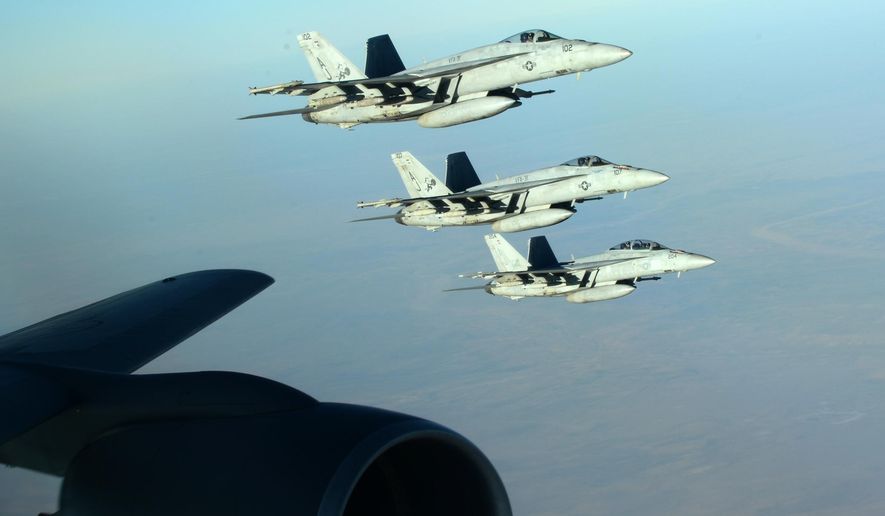U.S. forces over the past two days have conducted “targeted strikes” to slow a Taliban advance on Afghanistan’s Helmand Province, Pentagon officials said Monday in the latest sign that violence continues despite a peace deal struck earlier this year.
The American strikes come as top Pentagon officials refuse to weigh in on President Trump’s claim that all U.S. forces will withdraw from Afghanistan by Christmas. The peace agreement between the U.S. and Taliban calls for the eventual removal of all American troops, though the exact timeline remains murky amid conflicting public statements from the president and other top White House officials.
Regardless of the timetable, the deal hinges on a reduction in violence. The recent U.S. strikes cast fresh doubt on whether the Taliban can be trusted to scale back its attacks.
“The Taliban need to immediately stop their offensive actions in Helmand Province and reduce their violence around the country. It is not consistent with the US-Taliban agreement and undermines the ongoing Afghan Peace Talks,” U.S. Gen. Scott Miller, the commander of U.S. Forces-Afghanistan, said in a statement.
Military officials said the strikes were aimed at defending Afghan national security forces who were under attack by the Taliban. The Taliban and the U.S.-backed government in Kabul recently met in Qatar for the first round of historic face-to-face talks, but those negotiations obviously have not produced a nationwide ceasefire.
Meanwhile, Joint Chiefs of Staff Chairman Gen. Mark Milley told NPR over the weekend that the military will not put an exact timeline on the U.S. withdrawal. Mr. Trump claims all forces will be out by Christmas, while White House National Security Adviser Robert O’Brien said last week the U.S. will be down to 2,500 troops in Afghanistan by early next year.
Gen. Milley said only that the U.S. is well on its way to cutting its force down to 4,500. The U.S. had 12,000 troops in Afghanistan when the Taliban deal was finalized last February.
• Ben Wolfgang can be reached at bwolfgang@washingtontimes.com.




Please read our comment policy before commenting.